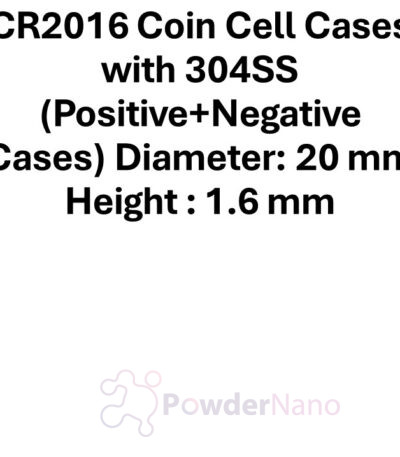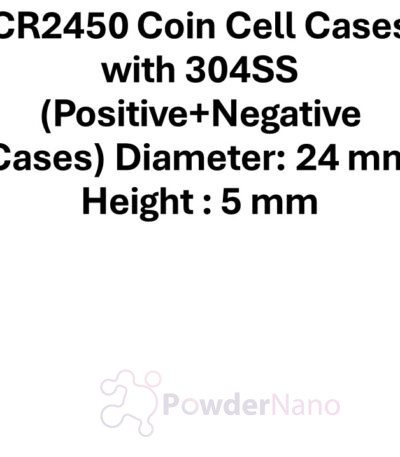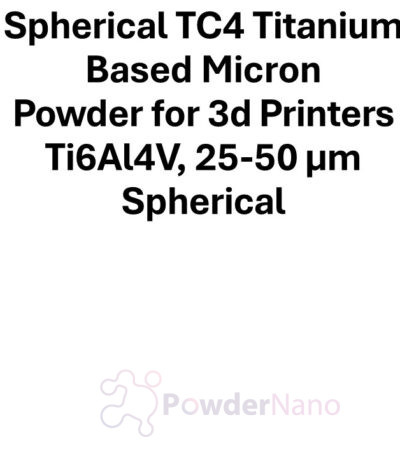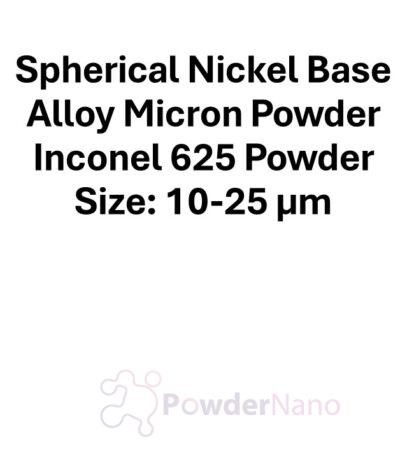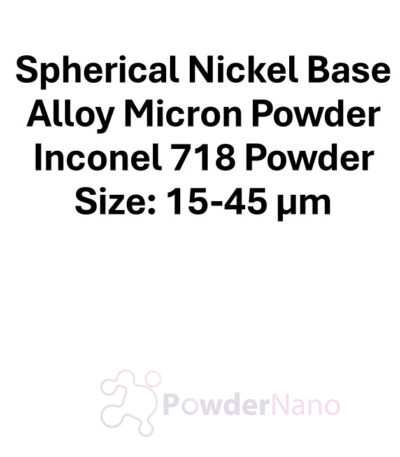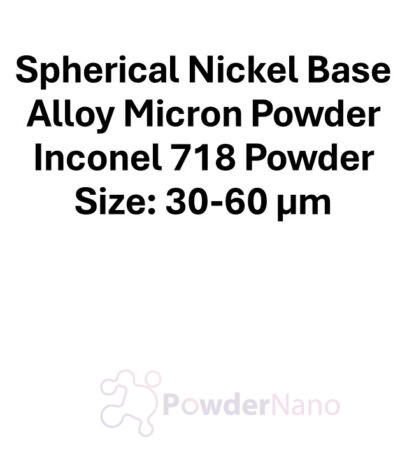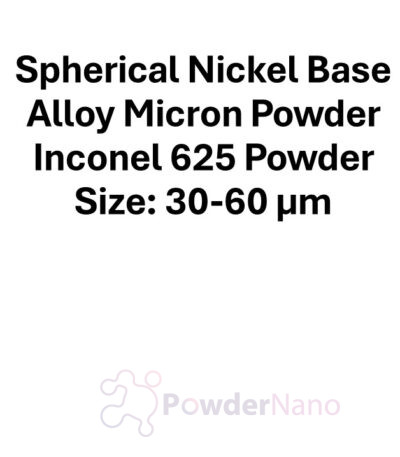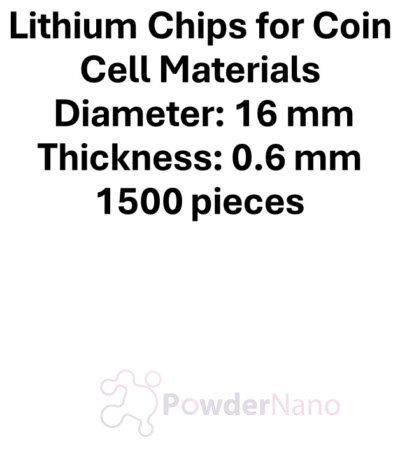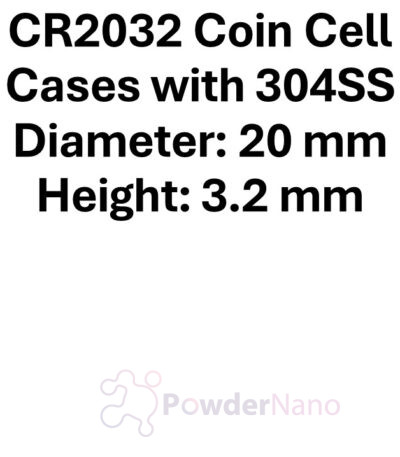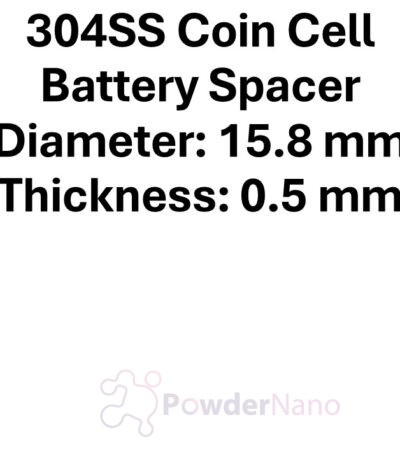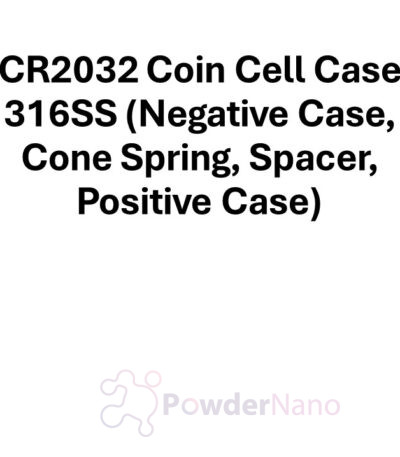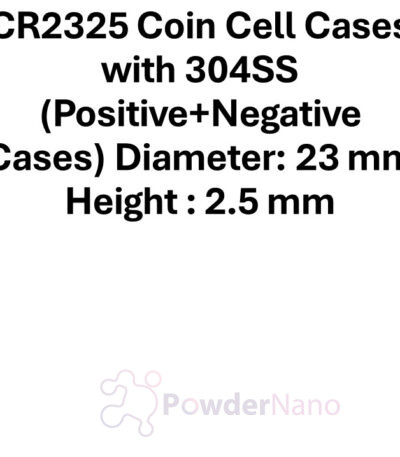Technical Specification:
- Material Composition:
- Material: 304 Stainless Steel (304SS).
- Excellent corrosion resistance to protect against degradation caused by electrolytes and other battery components.
- High mechanical strength to withstand assembly and operational stresses.
- Material: 304 Stainless Steel (304SS).
- Physical Dimensions:
- Outer Diameter: 23 mm (standard size for CR2325 coin cells).
- Height: 2.5 mm (total height of assembled case).
- Wall Thickness: Optimized for durability while maintaining lightweight characteristics.
- Components:
- Positive Case:
- Acts as the top terminal, connecting with the cathode (positive electrode).
- Negative Case:
- Serves as the bottom terminal, connecting with the anode (negative electrode).
- Positive Case:
- Surface Properties:
- Polished Finish: Smooth surface ensures a tight seal and reduces the risk of leakage.
- Corrosion Resistance: Protects against chemical reactions with battery materials.
- Mechanical Properties:
- Strength: Withstands mechanical compression during assembly and usage.
- Precision Fit: Ensures secure alignment and contact between internal components.
- Thermal Stability:
- Operating Temperature Range: Stable between -20°C to 60°C for standard lithium-ion battery operation.
- Tolerates elevated temperatures during formation or testing procedures.
- Compatibility:
- Designed for CR2325 cells and compatible with various battery chemistries, including lithium-ion and solid-state batteries.
- Works seamlessly with coin cell components like spacers, springs, gaskets, and separators.
Applications:
- Primary Applications:
- Coin Cell Assembly for Lithium-Ion Battery Research:
- Used in laboratory environments to evaluate new cathode, anode, and electrolyte materials.
- Coin Cell Assembly for Lithium-Ion Battery Research:
- Industries:
- Battery Research and Development:
- Essential for prototyping advanced battery chemistries.
- Consumer Electronics:
- Integral in the production of CR2325 coin cells for devices such as medical equipment, sensors, and remote controls.
- Energy Storage Development:
- Supports research in compact and efficient energy storage solutions.
- Battery Research and Development:
- Advantages for Applications:
- Corrosion Resistance:
- Ensures long-term reliability in chemically aggressive battery environments.
- Dimensional Precision:
- Provides consistent performance and reliable assembly in experimental and commercial settings.
- Reusable:
- Durable enough for repeated use in laboratory testing setups.
- Wide Compatibility:
- Can be used with various chemistries and experimental configurations.
- Corrosion Resistance:
- Specialized Uses:
- Solid-State Battery Prototypes:
- Ideal for testing solid electrolytes and lithium-metal anodes in compact formats.
- High-Voltage Material Testing:
- Supports research on cathodes operating at higher voltages (>4.2 V).
- Custom Experimental Setups:
- Suitable for tailored configurations in advanced material testing.
- Solid-State Battery Prototypes:
- Challenges and Mitigation:
- Sealing Precision:
- Poor sealing can result in electrolyte leakage or internal short circuits.
- Solution: Use high-quality gaskets and follow precise assembly protocols.
- Poor sealing can result in electrolyte leakage or internal short circuits.
- Material Fatigue:
- Prolonged or improper use can deform the cases.
- Solution: Regularly inspect and replace cases as needed.
- Prolonged or improper use can deform the cases.
- Sealing Precision:
Summary:
The CR2325 Coin Cell Cases (304 Stainless Steel) with dimensions 23 mm diameter and 2.5 mm height are essential components for assembling high-performance coin cells. Their corrosion resistance, mechanical strength, and precision make them ideal for both research and commercial applications in lithium-ion and solid-state battery development. These cases provide consistent and reliable performance, supporting advancements in compact energy storage solutions for consumer electronics, medical devices, and beyond.
